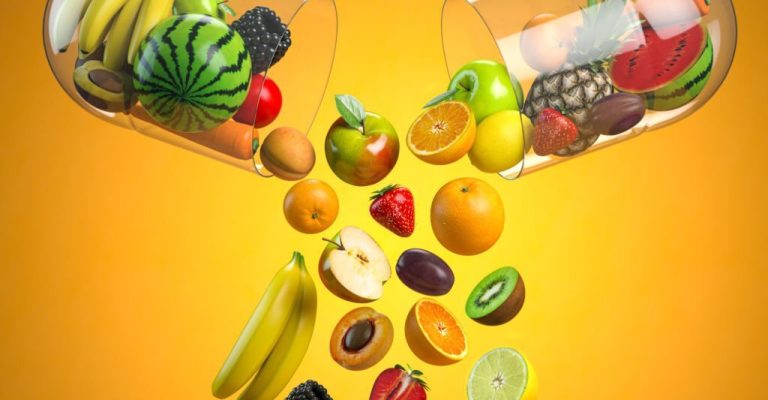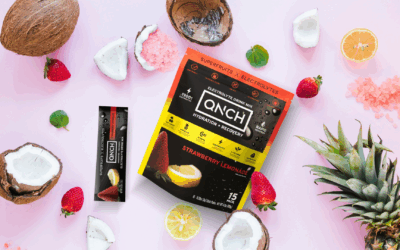In today’s fast-paced world, achieving optimal health is not just about regular exercise and a balanced diet; it also involves supporting your body’s recovery process. Recovery vitamins play a crucial role in helping your body recover from physical exertion, stress, and everyday challenges. Whether you’re an athlete, a fitness enthusiast, or simply someone looking to boost their overall wellness, understanding the benefits of recovery vitamins can significantly impact your health journey.
What Are Recovery Vitamins?
Recovery vitamins refer to a group of essential nutrients that aid in the body’s repair and regeneration processes. These vitamins are particularly important after periods of intense physical activity, illness, or stress when the body’s demands for nutrients are heightened. They help replenish depleted energy stores, repair damaged tissues, and support immune function, thereby promoting faster recovery and overall well-being.
Key Recovery Vitamins and Their Benefits
1. Vitamin C
- Benefits: Known for its immune-boosting properties, vitamin C also acts as a powerful antioxidant that helps protect cells from oxidative stress. It supports collagen synthesis, crucial for maintaining healthy connective tissues and speeding up wound healing.
2. Vitamin D
- Benefits: Often referred to as the “sunshine vitamin,” vitamin D is essential for bone health as it helps the body absorb calcium. It also plays a role in modulating the immune system and has been linked to improved muscle function and recovery.
3. Vitamin E
- Benefits: As an antioxidant, vitamin E protects cell membranes from damage caused by free radicals. It promotes skin health, enhances immune function, and may aid in reducing exercise-induced muscle damage.
4. B Vitamins (B6, B12, Folate)
- Benefits: These vitamins are involved in energy metabolism, helping convert food into energy. They also support nerve function, red blood cell production, and DNA synthesis, all essential for overall recovery and vitality.
5. Vitamin A
- Benefits: Essential for vision, immune function, and skin health, vitamin A supports tissue repair and helps maintain the integrity of mucosal barriers, such as those in the respiratory and digestive systems.
6. Vitamin K
- Benefits: Vitamin K is crucial for proper blood clotting and bone health. It assists in the synthesis of proteins necessary for bone formation and repair, aiding in post-injury recovery.
How Recovery Vitamins Aid in Post-Exercise Recovery
After intense physical activity, the body undergoes various physiological changes that can lead to muscle fatigue, inflammation, and oxidative stress. Recovery vitamins help mitigate these effects by:
- Reducing Inflammation: Certain vitamins, such as vitamin C and E, possess anti-inflammatory properties that help alleviate muscle soreness and promote tissue repair.
- Supporting Muscle Repair: B vitamins are instrumental in protein metabolism and muscle tissue repair, aiding in the rebuilding of muscles after strenuous exercise.
- Boosting Immune Function: Vitamins like A, C, D, and E support immune health, reducing the risk of infections that could hinder recovery.
- Enhancing Energy Levels: B vitamins play a crucial role in converting carbohydrates into energy, replenishing glycogen stores that are depleted during exercise.
Incorporating Recovery Vitamins into Your Routine
To optimize your recovery and overall health, consider incorporating the following sources of recovery vitamins into your daily diet:
- Fruits and Vegetables: Rich in vitamin C, vitamin A (beta-carotene), and other antioxidants.
- Nuts and Seeds: Provide vitamin E, along with healthy fats that aid in absorption.
- Fatty Fish (e.g., salmon, mackerel): Excellent sources of vitamin D and omega-3 fatty acids, which have anti-inflammatory properties.
- Lean Meats, Dairy, and Eggs: Supply B vitamins, including B6, B12, and folate, essential for energy metabolism and muscle repair.
- Green Leafy Vegetables: Abundant in vitamin K, crucial for bone health and blood clotting.
Another way to get these vitamins into your body quickly is QNCH, an electrolyte drink mix specially designed for hydration and recovery. The ingredients include tart cherry, bromelain, vitamins, electrolytes, L-theanine and other fruits such as pomegranate, lime and strawberries.
In conclusion, recovery vitamins play a vital role in supporting your body’s ability to recover and thrive. Whether you’re recovering from intense exercise, illness, or simply combating daily stressors, ensuring adequate intake of these essential nutrients can enhance your overall well-being. By understanding the benefits of each recovery vitamin and incorporating them into your diet, you can optimize your recovery process, boost your immune system, and promote long-term health. Prioritize your health today by embracing the power of recovery vitamins and experiencing the difference they can make in your life.
Remember, consult with a healthcare professional or nutritionist to determine your specific vitamin needs based on your lifestyle, health goals, and individual requirements. With the right approach to nutrition and supplementation, you can pave the way for a healthier, more vibrant future.





0 Comments